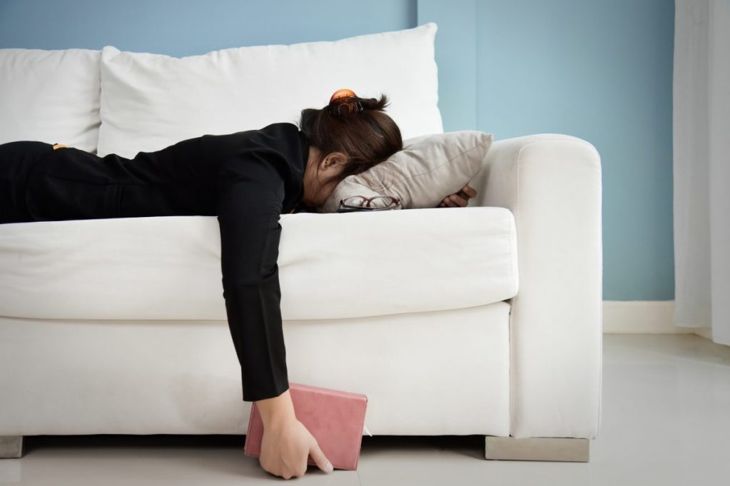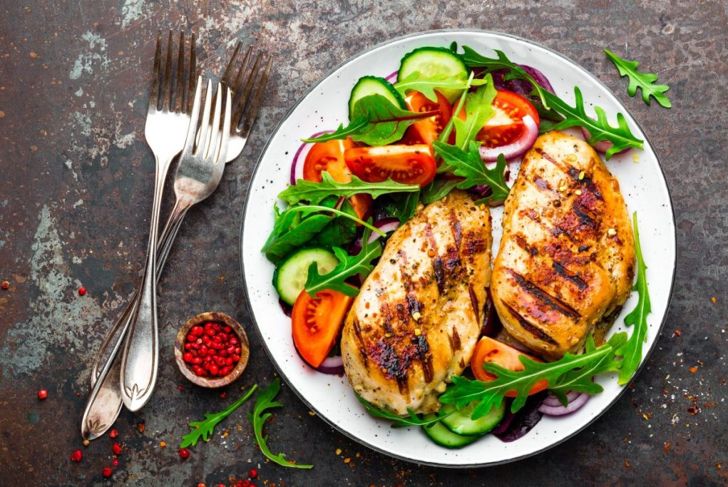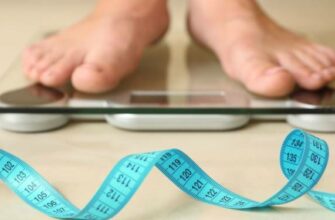A low-calorie diet usually requires you to consume between 800 and 1500 calories per day. Those who are overweight, or are suffering from weight-related health concerns, may be recommended by their doctors to go on low-calorie diets to facilitate weight loss. There are many low-calorie diets, and a medical provider can help you choose the right one for you. While there are benefits to low-calorie diets, there are also dangers.
Aids with Weight Loss
Sticking to low-calorie foods makes it easier to lose weight. Keep in mind that if you do extensive workouts, you will be hungrier afterward. While maintaining a healthy balance of calories is important, you cannot starve yourself, because calories are required to do everything from sitting at a desk to working out.
Helps Lower Blood Pressure
Blood pressure is the strength of the blood flowing through your arteries. If you have high blood pressure, a low-calorie diet may help. Eating fewer fatty foods and less salt will help control high blood pressure. Sugary foods are also high in calories, so it is crucial to avoid excess sugar when counting calories.
Fights Cardiovascular Disease
Poor eating habits and lack of physical activity is a leading causes of cardiovascular disease. Your doctor may suggest starting out with a low-calorie diet to help get back on track. New eating habits can help your heart perform more efficiently. A low-calorie diet is rich in fruits and vegetables, which is good for cardiovascular health.
Lowers the Risk of Diabetes
A low-calorie diet may help reduce the risk of diabetes. Decreasing calories helps the body remove fat buildup in the pancreas. This, in turn, improves the production of insulin, which regulates blood sugar.
About Consuming Fewer Than 800 Calories
A very low-calorie diet consists of eating fewer than 800 calories a day. Before starting a diet like this, it is vital to consult a medical professional. Most doctors recommend that the average adult consume around 2,200 calories a day. Eating fewer than 800 calories a day can be extremely dangerous for some people. Those who have been ordered by their doctor to follow such a diet can expect to lose up to five pounds per week. Keep in mind that it is vital to follow medical instructions directly.
A Danger During Menstruation
Most women on a low-calorie diet don’t notice changes in menstruation, but for some, low-calorie diets can cause lighter or nonexistent cycles. At any time you experience changes in menstruation, contact your doctor to figure out the exact cause. If it is related to your diet, they will advise you to increase your caloric intake.
Other Possible Dangers
Some risk factors associated with low-calorie diets include nausea, fatigue, constipation, diarrhea, or loss of lean muscle mass. Such signs indicate that your body is not receiving enough calories to function.
Is it a Safe Diet?
The only sure way to know if your diet is safe is to consult a physician and nutritionist. The only low-calorie diets you should follow are ones that are prescribed to you. Your nutritionist may ask that you keep a food diary and write down all the foods you eat in a day; this can help them determine the best diet plan for you.
Foods to Eat on a Low-Calorie Diet
Some of the safest foods for a low-calorie diet include lean meats like chicken and seafood. Leafy greens and fruit are also suitable for dieting. These foods are low in calories and make you feel full. You can also eat a lot of broth without consuming too many calories, though you need to watch sodium levels.
Consult a Nutritionist
Before starting any low-calorie diet, consult a medical provider to ensure that your body can handle it. Diets can be dangerous for some people, especially if they are underweight. Having an open and honest conversation with your doctor about your concerns can help them decide which kind of low-calorie diet will be best for you. If you choose to go on a low-calorie diet on your own, it is still best to consult a physician during the process to ensure you are not doing more harm than good.

 Home
Home Health
Health Diet & Nutrition
Diet & Nutrition Living Well
Living Well More
More




















